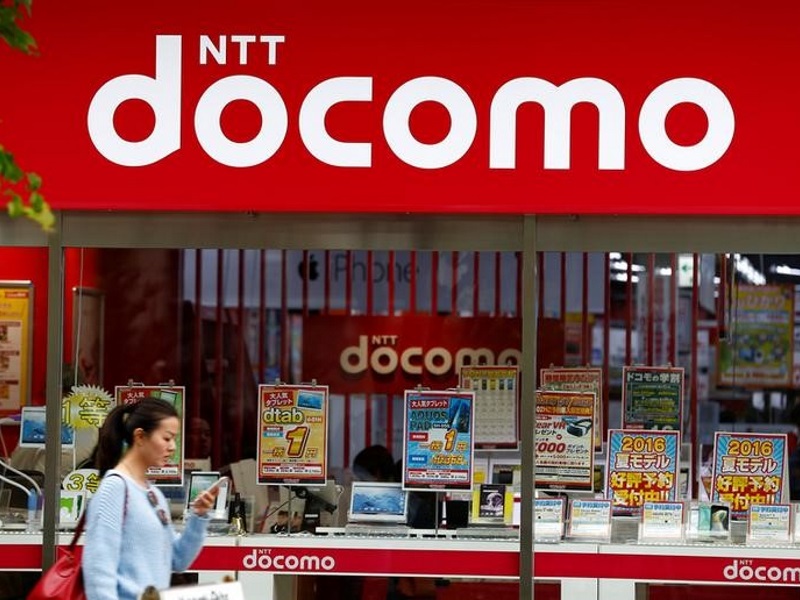Japan’s Nippon Telegraph and Telephone said it will spend JPY 4.25 trillion (roughly Rs. 2,96,637 crores) to take its wireless carrier business private, in a deal that opens the path to lower prices as the government calls for cuts.
NTT will launch Japan’s largest-ever tender offer for the 34 percent of NTT Docomo stock that it does not own, the firm said in a statement. The telecoms firm will offer JPY 3,900 (roughly Rs. 2,700) per share, a premium of 40.5 percent to Monday’s closing price.
The buyout comes as new prime minister Yoshihide Suga calls on wireless carriers to reduce prices, with the government hoping resultant savings will stimulate consumer spending elsewhere in the economy.
On Tuesday, Chief Cabinet Secretary Katsunobu Kato reiterated that call, saying there needs to be “visible progress on lowering mobile phone charges”.
“NTT Docomo’s financial base will become stronger giving us the capacity to cut prices,” NTT Chief Executive Jun Sawada told a news conference.
NTT’s share price fell as much as 5.8 percent after the company said it was considering the buyout. The stock closed down 3 percent while NTT Docomo ended up 16 percent at its daily trade limit.
Mobile peers KDDI and SoftBank fell 4 percent, with SoftBank touching record lows.
That continued a slide among telcos which began when Shinzo Abe announced plans to step down as prime minister on August 28, as investors digested the prospect of Suga, who had previously called for price cuts, becoming premier.
Obliging
NTT spun off NTT Docomo in 1992 ahead of listing in 1998, as the government sought to stimulate competition in the telecoms sector. Buying it back would mark the end of a prominent parent-child listing that are frowned upon abroad yet common in Japan.
At $40 billion (roughly Rs. 2,94,954 crores), NTT’s tender offer is among the largest deals this year globally, Refinitiv data showed.
“Post acquisition, Docomo will no longer be answerable to shareholders. If the government instructs it to cut prices, it will oblige,” Jefferies analyst Atul Goyal wrote in a client note.
NTT, a former state monopoly, still counts the government as its largest shareholder with a 34 percent stake.
Government efforts to enhance competition have included backing Rakuten entry into the sector this year. The e-commerce firm’s low-cost plan model could suffer, however, should prices fall more broadly.
Meanwhile, government pricing pressure comes as carriers spend big to build fifth-generation services widely seen as critical to ensuring Japan’s competitiveness.
The buyout “is driven more by the potential to develop 5G and IoT services than regulatory pressure,” said analyst Kirk Boodry at Redex Research, referring to the Internet of Things. The industry is seeking “new, less regulated revenue streams,” he said.
The telecoms firm said it will fund the acquisition through loans totalling JPY 4.3 trillion (roughly Rs. 3,00,127 crores) from Japan’s biggest three banks and others, with Mitsubishi UFJ Financial Group the largest lender.
NTT’s approach contrasts with that of SoftBank, which is selling down its stake in its wireless unit, forgoing stable dividend income in favour of a cash injection as it focuses on investing.
© Thomson Reuters 2020
Will Xbox Series S, PS5 Digital Edition fail in India? We discussed this on Orbital, our weekly technology podcast, which you can subscribe to via Apple Podcasts, Google Podcasts, or RSS, download the episode, or just hit the play button below.
